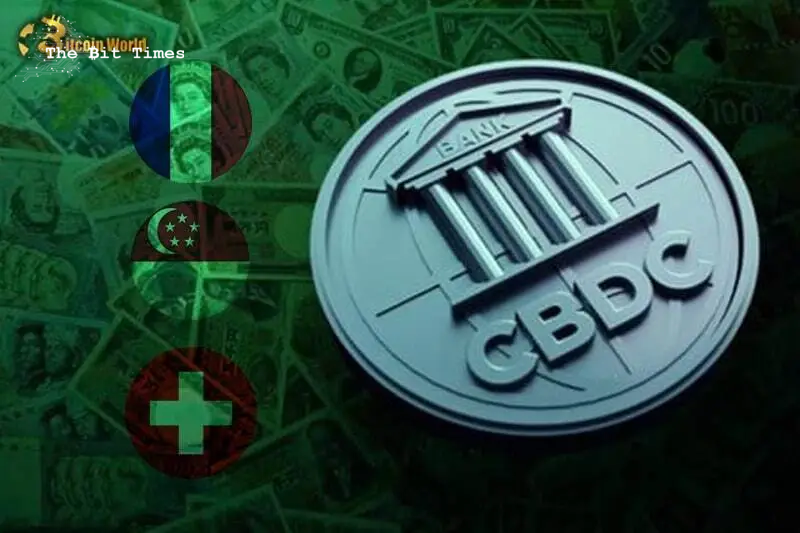- Nhận đường liên kết
- X
- Ứng dụng khác
- Nhận đường liên kết
- X
- Ứng dụng khác

Project Mariana was conceived and executed under the auspices of the Bank for International Settlements (BIS). Collaboratively, the Bank for International Settlements (BIS), in partnership with the central banks of France, Singapore, and Switzerland, successfully concluded a joint experiment focused on the cross-border trading and settlement of wholesale central bank digital currencies (CBDCs). The Banque de France took the lead in releasing the comprehensive report on September 28. The initiative, aptly named Project Mariana, was a collaborative effort spearheaded by the Banque de France, supported by the Monetary Authority of Singapore and the Swiss National Bank, all operating under the esteemed umbrella of the BIS. This groundbreaking project rigorously tested the cross-border trading and settlement of hypothetical euro, Singapore dollar, and Swiss franc CBDCs. These trials unfolded within the context of simulated financial institutions utilizing decentralized finance (DeFi) technology concepts, all facilitated on a public blockchain. The underlying concept relies on the implementation of a shared token standard on a public blockchain, the establishment of bridges to enable seamless CBDC transfers across diverse networks, and the utilization of a specific decentralized exchange type to facilitate the automated execution of spot foreign exchange transactions. As outlined in the official release, the participants hailed the experiment as a resounding success, albeit acknowledging the need for “further research and experimentation.” It’s essential to emphasize that Project Mariana remains an exploratory endeavor, explicitly stating: “Project Mariana is purely experimental and should not be construed as an indication of the partner central banks’ intent to issue CBDCs or an endorsement of DeFi or any specific technological solution.” In the lead-up to the public release of Project Mariana, Agustín Carstens, the general manager of BIS, underscored the importance of clarifying the national legal frameworks in countries where central banks lack the authority to issue CBDCs. BIS continues to play a pivotal role in championing cross-border CBDC initiatives, with multiple pilot tests underway worldwide. In a recent development, the central banks of Hong Kong and Israel shared the results of their Project Sela in September. Concurrently, Hong Kong Monetary Authority CEO Eddie Yue announced an expansion of Project mBridge, which has already enlisted the participation of central banks from China, Thailand, and the United Arab Emirates.
The post Switzerland, France, and Singapore test international CBDCs. appeared first on BitcoinWorld.
- Nhận đường liên kết
- X
- Ứng dụng khác
Nhận xét
Đăng nhận xét